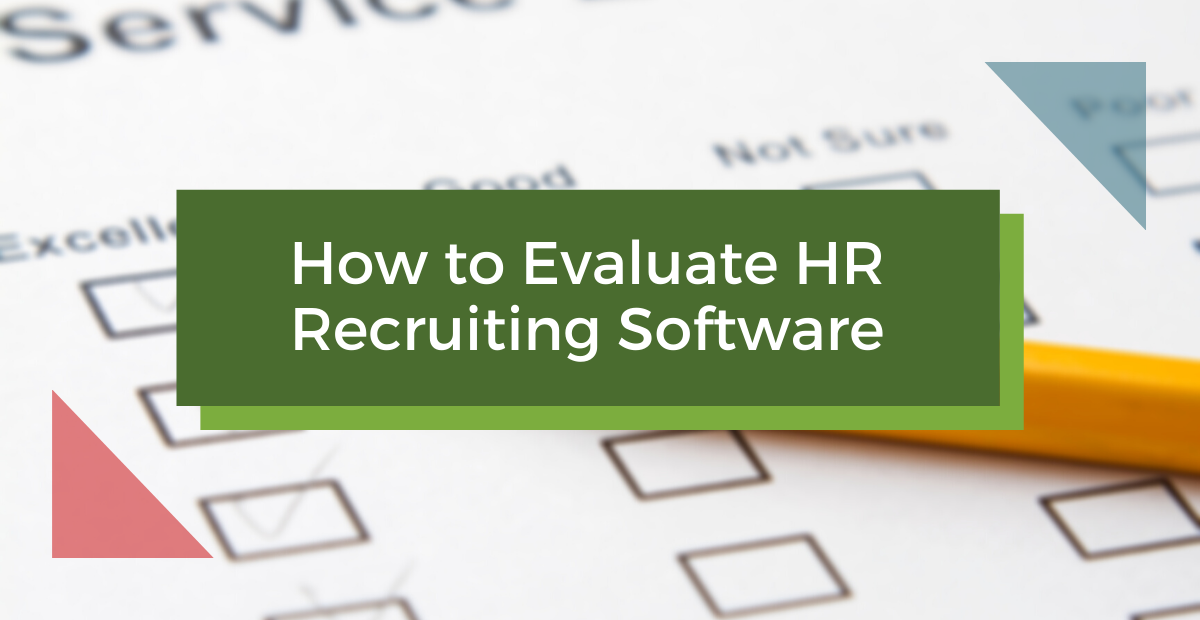Are you looking to start a job board? Great decision! But do you have the right skills and knowledge to make it successful? Starting a job board or adding one to your existing business can bring many benefits including revenue generation, building a community, and creating awareness around your brand. Operating a job board involves sales, marketing, technical skills, great technology, and a deep understanding of the local / global talent market. New job board businesses that don’t have a plan, don’t understand the market, and don’t have the right technology platform fail regularly.
To help you get started the right way, here are five reasons not to start a job board… until you’ve closed some knowledge gaps.
1. You Don’t Know How Job Boards Make Money
Do you think starting a job board is as easy as setting it up and watching your passive income flow in? Just because you built it, doesn’t mean that they will come.
Let’s start by understanding the nature of job boards, what they do, and who the stakeholders are. The outcome and success of your job board depends on whether your job board fulfills its goal: connecting job seekers to their potential and future employers. Understanding this key point will help you build a job board business with multiple sources of revenue.
Job board businesses emerged in the United States in the 1990s as a way for companies to advertise jobs. Since then, the job board industry has grown immensely; significant players such Indeed, Glassdoors, Ziprecruiter, Talent.com, to name a few, have emerged. Job boards bridge the gap between employers and job seekers by providing an outlet for suitable candidates to find and apply for vacant positions. There are two types of job boards; general and niche-focused. Both have the goal of creating the initial contact between the recruiters/organizations and the job seekers.
Now onto the question on everyone’s mind. Are job boards profitable? Yes, if done the right way. Job boards make money by marketing vacant positions to job seekers. Essentially, employers will pay to have a job listed on your job board for a certain period. The amount you can reasonably charge for a listing varies widely depending on the niche you’ve targeted. In this read, we explain in detail ways to make money with your job board. In addition to selling job posts you can offer other services like advertising, memberships, and recruiting services like shortlisting, screening candidates, or recruitment marketing packages that include writing and optimizing job posts.
As a job board owner, your goal is to ensure that you are attracting qualified candidates to your job board and to relevant job postings, helping your paying customers get qualified applicants. Having the right tools, such as good job board software, will help you achieve this goal.
2. You Don’t Know What Job Boards Offer
If you don’t understand what job boards offer, you will not succeed in this business. The talent industry often changes. In 2021 alone, significant developments in the job market worldwide occurred due to the impact of the pandemic. A Forbes article shows that 20-24% of Americans change jobs every year; this means more than 41 million people are searching for jobs and being recruited into jobs every year (in the US alone). Good news for job board owners: this gives you many opportunities to connect job seekers and employers.
As a job board owner, your main goal is to connect job seekers to employers. The major problem you face is that the job board market is highly competitive. This industry is dominated by a handful of huge providers like Indeed, Monster, and ZipRecruiter; thousands of smaller job boards are fighting to keep up with these major players. Fortunately, in this read, we provide helpful tips on how to compete with a major player like Indeed. As a smaller player, you can price job posts competitively or offer access to a specific talent niche. If you’ve built your job board business the right way, employers have a better chance to reach the right candidates on your job board than on Indeed.
Every day people look for employment. For job seekers, the process to get employed can be daunting, challenging, and frightening — That’s where you come in. Positioning your job board as a tool to offer job seekers peace of mind and facilitating the job seeker’s experience will help you stay above the competition. Your job board should seek out candidates that are the best of the best in your niche.
3. You Don’t Have a Job Board Business Plan
Put it this way, If you don’t have a good business plan, your job board will not succeed. Creating a job board requires choosing the right niche, making a budget, and choosing the right tools.
- Choose your Niche. Research your audience and understand what solutions you can provide for them. You can target the search by geographical location, industries, demographics, or whatever makes sense for you. Once you’ve selected a niche or niches, you can better position your brand to fill a missing gap and provide a workable solution to your audience using your job board.
- Building a budget. Creating a budget for getting your business up and running will help you determine the types of products and services you’ll sell and how you will turn a profit with your job board. An excellent option to cut expenses is to choose an existing software-as-a-solution option like Careerleaf that offers bundled solutions.
- Choosing the right tools. Whether you decide to build your own or have it made for you, one thing is clear: your job board’s success will require the right job board technology. A good option would be to choose a cloud-based SaaS (software as a service) solution like Careerleaf. Our software will seamlessly integrate into your existing website plus we manage all hosting and upgrades for you.
4. You Don’t Know How to Create a Job Board Brand
Step one of choosing your niche is complete. Now on to creating brand awareness that will attract job seekers and employers alike. To succeed as a job board owner, you must differentiate yourself by having a unique brand voice, great design, and excellent user experience. We dive further into the details of building your brand with this checklist. It is important to provide unique value and content that your competitors don’t—by doing that, you’ll have a huge advantage.
- Defining your brand. Identity is key to successfully marketing your job board. To attract candidates and employers, you’ll need to develop a unique and memorable brand identity. Research your competitors to see how they communicate with their audience. Pay close attention to your brand’s visual aesthetics and aim to integrate your brand values and identity into your website seamlessly.
- Create a marketing plan. You’ll need to have a solid marketing plan to drive visitors and traffic to your job board. The content you provide should be helpful to your target audience/niche. You can consider running a marketing campaign on your social media, creating a mailing list, or running paid ads with Google. Once launched, you must maintain your job board with fresh content like blogs, infographics, and Q&A forums.
5. You Want to Build Your Own Job Board Software
The biggest challenge you will face in planning your job board, is deciding between building your job board or working with a job board technology provider like Careerleaf. We’re here to provide some clarity with this decision. You can be sure of one thing, choosing the right software is critical to generating revenue. A common mistake job owners make is to neglect design and technology, permanently hampering traffic to your website. If you’re considering adding a job board to your website or business, look for software like Careerleaf, which allows customization, updates its features regularly and ensures that job listings are classified appropriately. Using Careerleaf software will equip you with the tools to grow and exceed your competitors.
Here are some must-have features that Careerleaf can offer:
- Flexible, self-serve e-commerce and revenue automation
- Analytics and built-in reporting
- Mobile-responsive design and SEO-friendly content creation
- Eliminate development and hosting costs
- Eliminate time spent on maintenance and monitoring
- No-cost feature upgrades and platform improvements
- XML and real-time API job feeds and job distribution
- Powerful content management and white label branding
- Marketing automation and CRM integration
If you choose to build your own job board, know that it is a big task; you’ll be involved in all the heavy lifting of programming and upgrading your job board. Developing a good looking website that has jobs is easy, but the complexities of a full featured job board platform that automates and facilitates job board transactions are costly and difficult to build. We went into more detail about the challenges of developing your own job board in some of the reasons you shouldn’t build your job board in this blog series.
Work with Careerleaf to Build Your Job Board
Starting a new job board isn’t easy! That’s why we offer Careerleaf Classic, a job board solution designed with new and prospective owners in mind. Expand your job board capacity as your business grows, meet your goals with our easy to use sales and marketing tools, and get regular technology updates and support.
Ready to get started? Contact us today!









